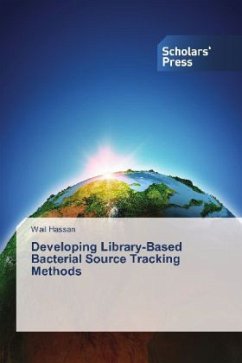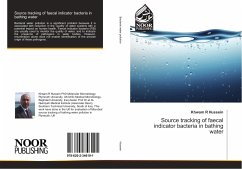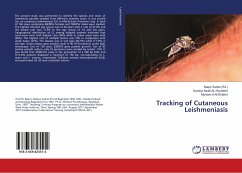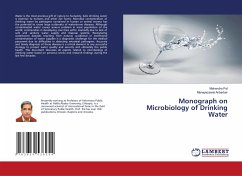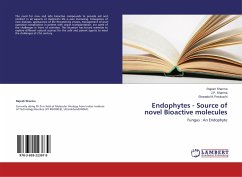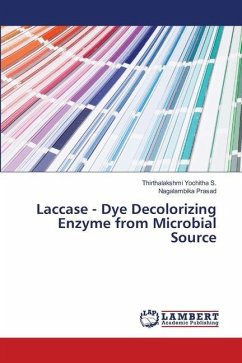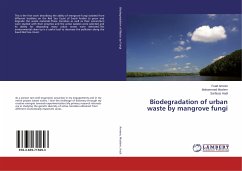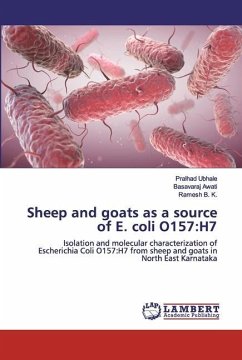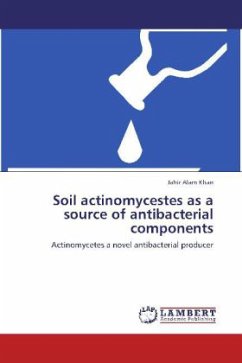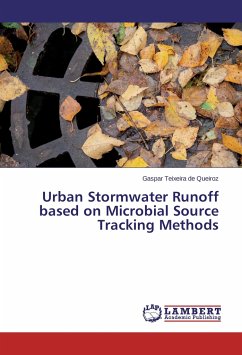
Urban Stormwater Runoff based on Microbial Source Tracking Methods
Versandkostenfrei!
Versandfertig in 6-10 Tagen
22,99 €
inkl. MwSt.

PAYBACK Punkte
11 °P sammeln!
Recent studies acknowledge the impact that stormwater has in receiving waters, often as great as wastewater, in urban contexts. Despite being widely studied, modelling of urban stormwater runoff has proven a challenge due to relevant spatial and temporal variability, and a short understanding of the build-up processes of diffuse source pollutants in dry weather. Current water quality evaluation is based on the level of faecal contamination, through faecal indicator bacteria, such as E. coli and enterococci. As pollution mitigation measures are currently converging towards treat-at-source solut...
Recent studies acknowledge the impact that stormwater has in receiving waters, often as great as wastewater, in urban contexts. Despite being widely studied, modelling of urban stormwater runoff has proven a challenge due to relevant spatial and temporal variability, and a short understanding of the build-up processes of diffuse source pollutants in dry weather. Current water quality evaluation is based on the level of faecal contamination, through faecal indicator bacteria, such as E. coli and enterococci. As pollution mitigation measures are currently converging towards treat-at-source solutions, it seems urgent to pinpoint the source of the detected faecal pollution in urban environments. Microbial source tracking methods are promising tools in finding the source of any contamination, but despite their fast development and numerous applications, they haven't yet been used to track faecal pollution in urban stormwater runoff. This study presents a viable tracking of three species - Humans, Cats and Dogs - through mitochondrial DNA markers, in collected samples, correlated with a strong degree of faecal pollution, highlighting the need for treatment at WWTPs prior to discharge.



